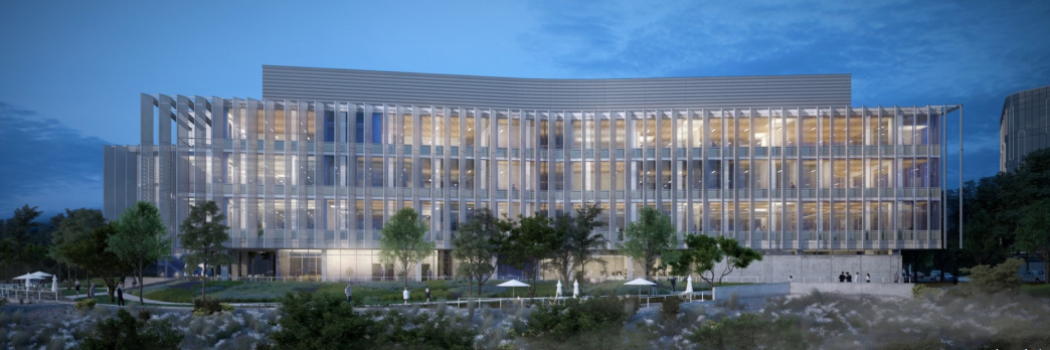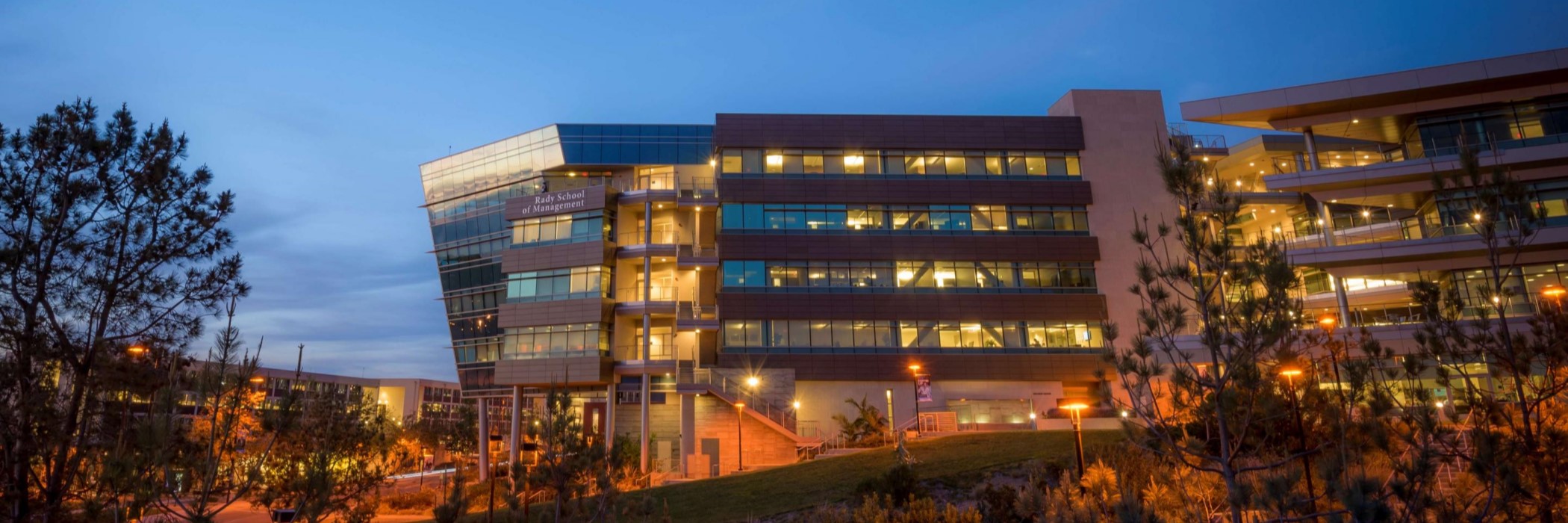San Diego Wireless Summit 2024
Join us at the First Annual San Diego Wireless Summit, hosted by Qualcomm and Center for Wireless Communications (CWC) at the Atkinson Hall, UC San Diego. This exciting event will take place on May 30 and 31st, 2024 at the Atkinson Hall in UC San Diego.
This year’s summit theme, “Wireless in the Era of AI", will provide an excellent forum to discuss challenges, innovations and opportunities arising from the integration of AI and compute capabilities into wireless communication technologies including the emerging areas of RF Sensing, Digital Twins, 3D networks and AI-aided circuit design. Speakers will explore how Wireless and AI convergence will power existing and new applications across the wireless industry and various verticals including automotive, immersive reality, IoT, smart cities and e-health.
The summit includes keynote speeches, presentations, panel discussions as well as industry demonstrations and poster sessions from Academia.
Join us as we collectively shape the future using the powerful convergence of “Wireless in the Era of AI”!




